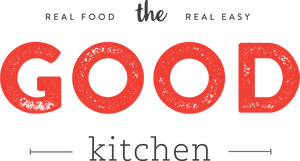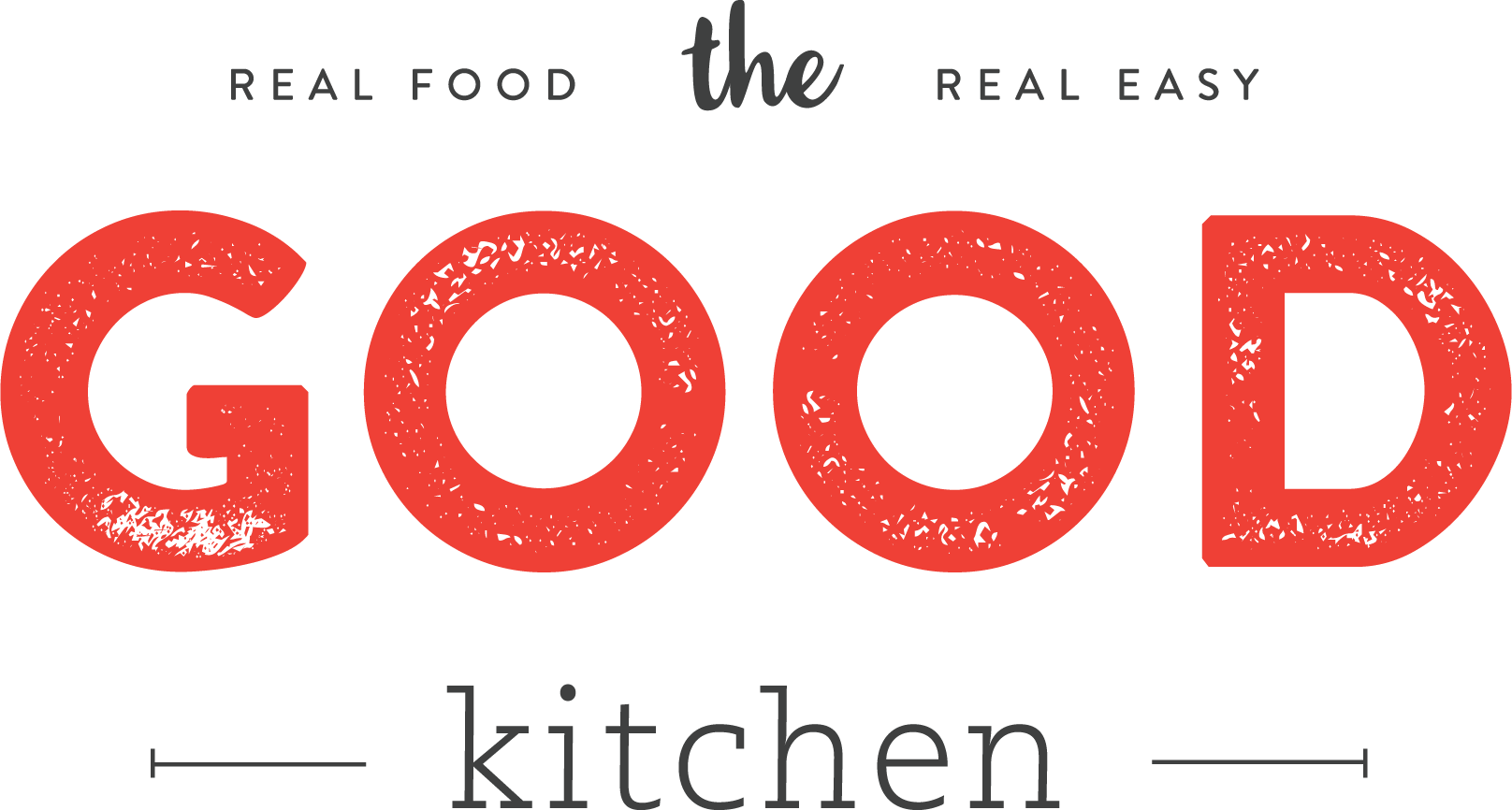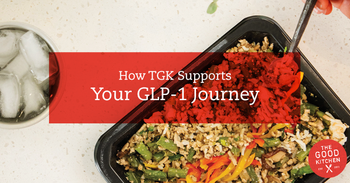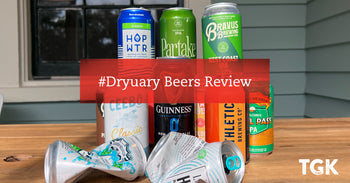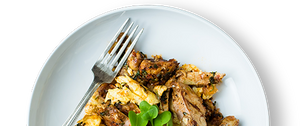Nutrition Gets Personal
Personalized nutrition: "Bro-science" or brilliant? Let's dive in.

The human race has long been on an epic quest to discover the ultimate health-promoting, disease-fighting, performance-optimizing diet. Amid countless nutrition battles, controversial diets, and food fads, the closest thing we’ve come to a universal solution is the totally uninspiring “eat enough, but not too much.”
Perhaps it’s time for a new quest.

This is not to say that we should stop trying to find a general diet that works for the vast majority of people most of the time. Observation and commonsense have likely already given us the fundamentals, even as we battle over the minutiae and struggle to design studies that test our assumptions in a scientifically rigorous way.
But perhaps it is time to admit that diet just isn’t generalizable in the way we would like it to be. A diet that works for a 30-year-old Crossfiter is likely not a great fit for a sedentary 50-year-old with a predisposition for hypertension.
This opens the door for way cooler alternatives. If we aren’t viewing all of humanity with the same lens, there’s room to investigate the relationship between food, genes, and lifestyle on an individual basis. For instance, you may have a higher or lower carb tolerance based on your genes, or you might require more of a particular micronutrient based on your body’s ability (or lack of ability) to produce it endogenously. Knowing these details about your body could mean freedom from the lowest-common-denominator diet and a chance to find a diet that is uniquely ideal for you.
(#optimize)
Scientists and startups are blazing the trail, and new research is getting the hype-train going for the promise of personalized nutrition.
For example, a recent study tracked the blood sugar levels, diet, microbiome, and other traits of more than 800 people to build an algorithm that predicted the intensity and duration of blood-sugar spikes after meals. Using this formula, researchers were able to craft customized dietary plans to control blood sugar. The algorithm only slightly outperformed a dietician’s advice, but hey, it’s a start!
From here, it’s easy to imagine applying machine-learning to craft an optimal diet for muscle growth, longevity, or disease prevention based on unique individual traits. The Elon Musk’s of nutrition technology are already on the case.
Habit, a California startup once backed by Campbell Soup, has been getting significant press attention for its tech, which gathers data from bloodwork and genetic testing and spits out personalized recommendations for macronutrient ratios and meals based on its findings.
Unfortunately, along with the Elon Musks, there are likely to be a handful of Elizabeth Holmes-types who are making grandiose promises based on technology and research that just isn’t there yet. And given the early stage of the research, it’s difficult to figure out who’s who.

On the one hand, personalized dietary advice has been shown to result in more significant and “appropriate” dietary changes for the individual (see the enlightening Food4Me study). However, any service that claims to unequivocally know your optimum diet either just arrived here in a Delorean from the future, or they’re not being honest.
A meta-analysis of commercially available nutrigenomic tests concluded that there was sparse and inconsistent data to support the usefulness of these tests in guiding nutrition recommendations. Humans are complex systems, and nutrition-related health outcomes aren’t determined by one single genetic pathway or lifestyle data point.
According to the Academy of Nutrition and Dietetics, a competent and scientific approach to diet requires an understanding of nutritional genomics (a more technical term for personalized nutrition), but the emerging science is just that: it’s still emerging, and isn’t backed by enough evidence to be useful on the commercial market yet.
Don’t let that bum you out. Because guess what? You don’t have to shell out hundreds of dollars or ship a stool sample to Silicon Valley to hone your diet.
There are certain things you can’t know without medical testing, but there are plenty of things you can determine if you do some subjective self-experimentation.
The easiest, cost-free way to upgrade your diet is to simply track how your body responds to certain foods. A combination of food journaling, mindful eating, and selective elimination can 10x your nutrition game while we all wait on more data about nutritional genomics.

To kickstart your testing, you could try out the Whole30 challenge for a gut reset, and build awareness about your dietary habits along the way. As you add foods back into your daily mix (the Whole30 cuts out grains, many oils, and sweets), stay aware of how you feel and keep a record of your energy levels, brain fog, indigestion, and so on. As you recognize patterns, you can adjust for better mood and performance.
That’s right, you just became your own biohacker. Come across any new info in the realm of personalized nutrition? Have a good approach to diet optimization? Share your wisdom with us on social media (@eatTGK) so we can pass it on to the whole TGK crew!
Photo by FOODISM360 Victor Freitas Thought Catalog on Unsplash
